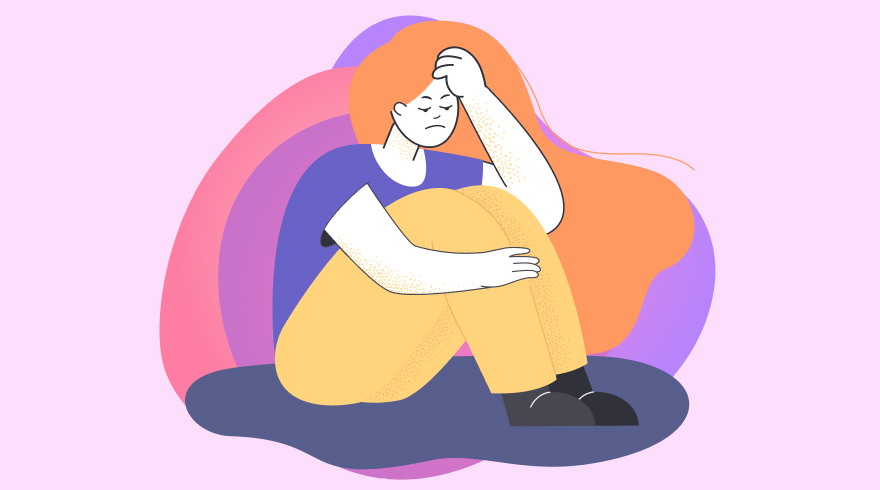ADHD in Women: Unique Challenges and Signs to Watch for
- 18 September 2025

Attention Deficit Hyperactivity Disorder (ADHD) is commonly associated with children, but it also affects many adults, especially women. Identifying symptoms of ADHD in adults and women can be challenging due to gender-specific presentations. This awareness gap often results in late or missed diagnoses.
Common Symptoms in Women
In many cases, ADHD adult women deal with unique challenges that differ significantly from their male counterparts. They often struggle with managing time, maintaining focus, and organizing daily tasks. Emotional regulation issues are more prominent, leading to heightened experiences of stress and anxiety.
- Difficulty concentrating
- Chronic procrastination
- Frequent mood swings
- High sensitivity to criticism
- Tendency towards perfectionism
These symptoms can become more pronounced in ADHD in women over 50, as hormonal changes may exacerbate ADHD traits, impacting both personal and professional aspects of life.
The Importance of Diagnosis
Pursuing an ADHD diagnosis in adult women is crucial for effective management of symptoms. A formal diagnosis provides validation and can open doors to therapeutic and medical treatments. Misdiagnosis often occurs because symptoms can resemble anxiety or depression, making a comprehensive evaluation vital.
Clinicians usually conduct a detailed ADHD assessment for women, which involves a series of tests, interviews, and questionnaires aimed at evaluating cognitive and emotional functioning. Diagnosing ADHD early enhances treatment success and improves the overall well-being of those affected.
Managing ADHD in Women
For adult ADHD women, management strategies may include behavioral therapies, medication, and lifestyle modifications. In managing the unique challenges faced by women ADHD sufferers, support groups and counseling can serve as crucial resources. These tools can help to alleviate the effects of this condition. Additionally, adopting structured routines and incorporating mindfulness practices into daily activities have been known to enhance focus and curb impulsivity.
Engaging in self-assessment tools like an ADHD self-test for women can be an empowering step towards recognizing potential symptoms. While these tests are not diagnostic, they can encourage women to seek professional guidance and explore further testing options.
ADHD Quizzes and Tests
An ADHD quiz for women provides insight into common ADHD traits and behaviors. Such quizzes offer a preliminary look at whether symptoms align with ADHD, encouraging further investigation. These tools are accessible and serve as a motivator for those uncertain about pursuing professional evaluations.
As symptoms vary widely, a formal ADHD women test conducted by healthcare professionals is recommended for anyone who suspects they might have ADHD. A comprehensive assessment will explore the severity and presence of symptoms and help tailor an effective treatment plan.
Comparison Table: Symptoms and Presentation
| Characteristic | Men | Women |
|---|---|---|
| Inattentiveness | Moderate | High |
| Impulsivity | High | Moderate |
| Emotional Regulation | Low | High |
| Hyperactivity | Very High | Low |
FAQs About the ADHD Test for Women
- What are the first steps in seeking a diagnosis?
Consult a healthcare provider to discuss symptoms and request an ADHD assessment.
- How can ADHD symptoms in women differ from those in men?
Women tend to have higher emotional sensitivity and exhibit less hyperactivity compared to men.
- Is ADHD commonly diagnosed in older women?
While often overlooked, ADHD can be diagnosed in older women who have lived with undiagnosed symptoms for years.
- Can lifestyle changes help manage ADHD?
Yes. Organizational skills, stress management, and routines can significantly aid in symptom control.
- Are online quizzes beneficial for identifying ADHD?
They can indicate potential ADHD symptoms but should be followed by professional evaluation.
Latest News
-
![How ADHD Testing Empowers Women: Full Guide]()
- 17 September, 2025
-
![ADHD in Women: How Assessments Help With Diagnosis]()
- 16 September, 2025
-
![ADHD Screening for Women: Online Tests Explained]()
- 14 September, 2025



